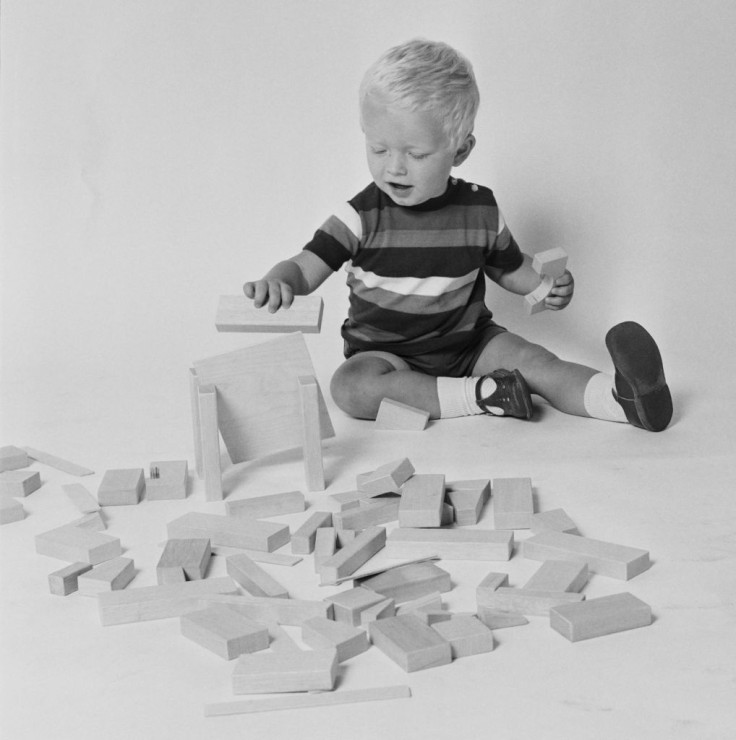
Montessori learning in early childhood is beneficial because this is the period of a child's formative years when learning life skills, building both intellectual and emotional quotient, and developing good traits are crucial. According to research published in the National Library of Medicine, there is an association between Montessori Education in childhood and a person's well-being as an adult.
Montessori pedagogy successfully ensures children's long-term psychological health and well-being, particularly self-determination, social stability, and meaningful activities.
Read Also: Oxford School Shooting: Suspect Showed Red Flags and Disturbing Texts to Parents Before Incident
Methodology
In the research conducted by Angeline S. Lillard and her colleagues, 1,905 adults ages 18 to 81 years were part of the sample. About half of the participants attended conventional schools, while the rest had a Montessori-type of education. The four factors analyzed by the team were general well-being, engagement, social trust, and self-confidence.
Results show that those who had at least two years of childhood in a Montessori setting showed significantly higher well-being on said factors. There is also a difference in well-being among adults who had conventional education and those with Montessori education, even within the subsample that attended private schools exclusively. Those who even studied longer in a Montessori institution resulted in higher well-being as adults. The more years in Montessori, the better the well-being of an adult.
Montessori Philosophy at Home
Kids learn all the time, in or out of a school setting. This learning happens most especially if children are given space to experience and "do," according to research on Experiential Learning. This is why parents can already jumpstart learning at home without waiting for formal school to start. With the research findings that Montessori education is beneficial to children, parents can incorporate different Montessori practices at home, whether or not they are going to a Montessori school.
Take Montessori toys, for example. The more open-ended these toys are, the more it promotes engagement in children. Open-ended play is ideal in Montessori learning. The more they can use their hands, the more their problem-solving skills will improve, and they can discover and experience their environment more, according to Montessori expert Stacy Keane. Age-appropriate chores and practical life skills such as sweeping the floor, folding clothes, and helping with the dishes will help them identify their roles in the home.
Montessori toys
There are various Montessori toys available online that kids can play and learn while at home. Most of these are wooden toys like the cube and hollow blocks, bamboo counting sets and balancing blocks, wood letter puzzles, and other word puzzle sets and sorting toys. These toys are directed towards cognitive development, improving hand-eye coordination, developing fine motor skills, enhancing creativity, and even social skills.
Evidence shows an apparent connection between Montessori learning and growing into adults with better well-being. As more and more development is seen in education, experiential learning is no longer in the periphery. Still, it is more at the center to help develop kids into better adults.